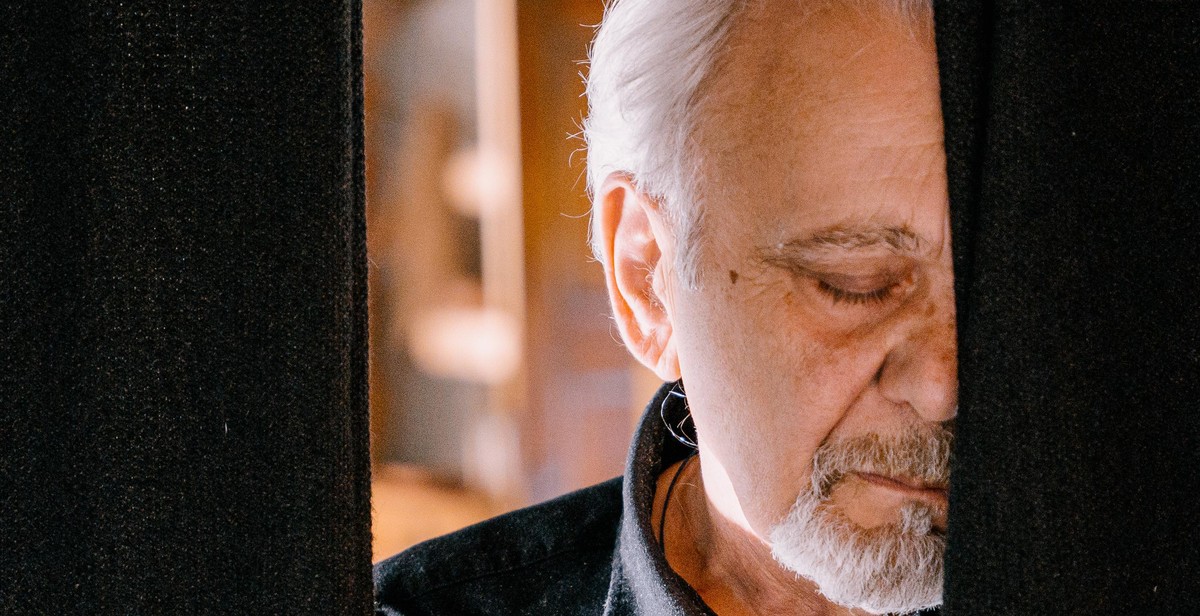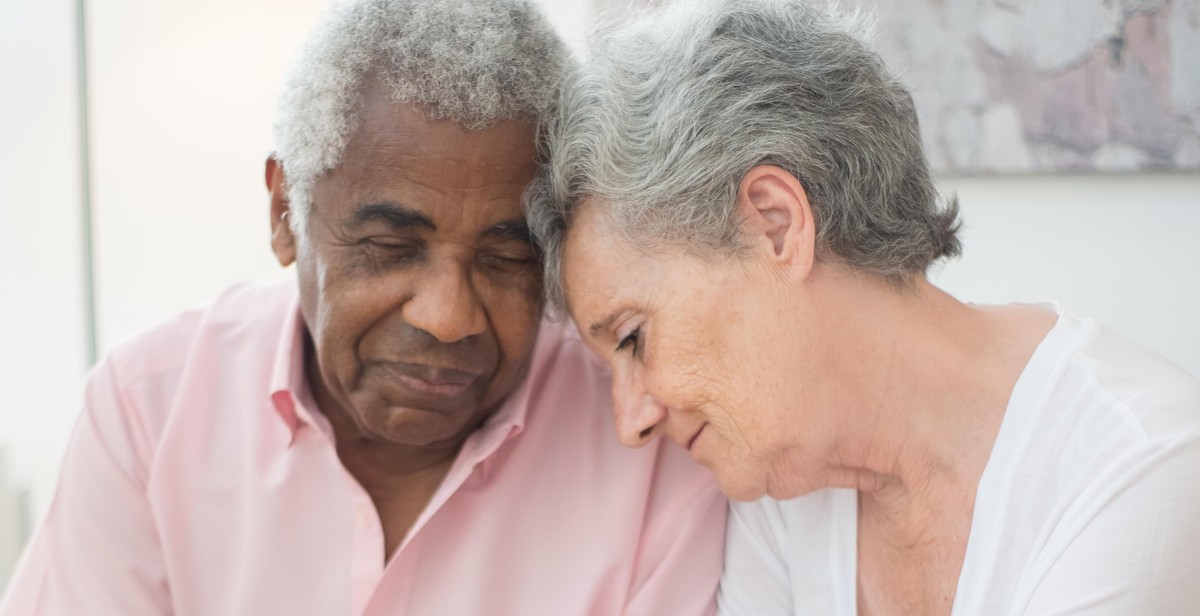Coping with Bereavement: Strategies to Navigate Grief
Dealing with the loss of a loved one can be one of the most challenging experiences anyone can go through. Grief is a natural response to loss, and it can manifest in many different ways. Coping with bereavement is a process that takes time and requires patience, self-compassion, and support from others.
My Personal Experience with Grief
As a professional writer and content creator, I have had the opportunity to write about many different topics, including grief and loss. However, when I lost my father a few years ago, I experienced firsthand the pain and confusion that comes with grief.
I found it difficult to concentrate on work, and I felt like I was on an emotional rollercoaster. Some days, I felt fine, and other days, I was overwhelmed with sadness and despair. I also struggled with guilt and regret, wondering if there was more I could have done to prevent my father’s death.
Through this experience, I learned that coping with bereavement is a unique journey, and there is no right or wrong way to grieve. However, there are strategies that can help you navigate this difficult time and find healing and peace.
In this article, I will share some of the coping strategies that helped me and others I have talked to who have experienced grief. These strategies include:
- Seeking support from family, friends, or a therapist
- Practicing self-care and self-compassion
- Engaging in activities that bring joy and meaning
- Creating a memorial or tribute to your loved one
- Allowing yourself to feel and express your emotions
By implementing these strategies, you can navigate grief in a healthy and positive way and find hope and healing in the midst of loss.

Understanding Grief
Grief is a natural and complex emotion that we experience when we lose someone or something that we love. It is a universal experience that affects people of all ages and cultures. Grief can be triggered by the death of a loved one, a divorce, a breakup, a job loss, or any other significant loss.
The Stages of Grief
The stages of grief are a widely accepted framework for understanding the emotional journey that people go through after a loss. The stages of grief were first introduced by psychiatrist Elisabeth Kubler-Ross in her book “On Death and Dying.” The stages of grief include:
- Denial: The initial stage of grief is denial, where the person is unable to accept the reality of the loss.
- Anger: The second stage of grief is anger, where the person may feel angry about the loss and may blame themselves or others.
- Bargaining: The third stage of grief is bargaining, where the person may try to make deals with a higher power or try to negotiate a way to avoid the loss.
- Depression: The fourth stage of grief is depression, where the person may experience feelings of sadness, emptiness, and hopelessness.
- Acceptance: The final stage of grief is acceptance, where the person is able to come to terms with the loss and move forward with their life.
Common Reactions to Grief
Everyone experiences grief differently, but there are some common reactions that people may have:
| Physical Reactions | Emotional Reactions |
|---|---|
|
|
It is important to remember that there is no right or wrong way to grieve, and everyone’s journey is unique. It is also important to seek support from friends, family, or a professional if you are struggling to cope with your grief.

Strategies for Coping with Grief
Grief is a natural and necessary process of healing after the loss of a loved one. Coping with bereavement can be overwhelming, but there are strategies that can help you navigate this difficult time.
Allow Yourself to Grieve
It is important to give yourself permission to grieve. This means allowing yourself to feel the pain and sadness that comes with the loss of a loved one. It is okay to cry, to feel angry, and to experience a range of emotions. Everyone grieves differently, so it is important to honor your own process.
Take Care of Yourself
Grief can take a toll on your physical and emotional well-being. It is important to take care of yourself by getting enough sleep, eating well, and exercising. Taking care of your physical health can help you cope with the emotional stress of grief.
Seek Support
It is important to seek support from friends, family, or a support group. Talking about your feelings and experiences can help you process your grief and feel less alone. Support from others can also provide comfort and help you feel more connected to others.
Find Ways to Remember
Creating a memorial or finding ways to remember your loved one can help you feel connected to them and honor their memory. This can include creating a photo album, planting a tree, or participating in a charity event in their honor.
Consider Therapy
Therapy can be a helpful tool for coping with grief. A therapist can provide a safe and supportive space to process your feelings and emotions. They can also help you develop coping skills and strategies to manage your grief.
Be Patient with Yourself
Grief is a process that takes time. It is important to be patient with yourself and to allow yourself the time and space to heal. There is no timeline for grief, so it is important to trust your own process and give yourself the time you need to heal.
| Strategies for Coping with Grief |
|---|
| Allow Yourself to Grieve |
| Take Care of Yourself |
| Seek Support |
| Find Ways to Remember |
| Consider Therapy |
| Be Patient with Yourself |

Dealing with Complicated Grief
Dealing with the death of a loved one can be one of the most difficult experiences anyone can go through. It is a natural and normal process to feel sadness, pain, and loss. However, sometimes the process of grieving can become complicated and overwhelming, making it difficult to manage day-to-day life.
What is Complicated Grief?
Complicated grief is a type of grief that is more intense and prolonged than normal grief. It is also known as persistent complex bereavement disorder (PCBD). It is a condition where the individual experiences intense feelings of grief that do not decrease over time and can become debilitating.
Complicated grief can occur when the person has experienced a sudden, unexpected, or traumatic loss. It can also happen when the person has a history of mental illness or has experienced multiple losses in a short period.
Symptoms of Complicated Grief
The symptoms of complicated grief can vary from person to person, but some common symptoms include:
- Intense feelings of sadness, guilt, anger, and hopelessness
- Difficulty accepting the death of a loved one
- Intrusive thoughts or memories of the deceased
- Difficulty sleeping or concentrating
- Isolation or avoiding social situations
- Loss of interest in activities once enjoyed
- Feeling disconnected from others
Seeking Professional Help
If you or someone you know is experiencing complicated grief, it is important to seek professional help. A mental health professional can work with you to develop coping strategies and provide support during this difficult time.
Therapies such as cognitive-behavioral therapy (CBT) and interpersonal therapy (IPT) have been shown to be effective in treating complicated grief. Medications such as antidepressants may also be used to alleviate symptoms.
It is important to remember that seeking help is not a sign of weakness, but rather a sign of strength. It takes courage to ask for help and to take steps towards healing.
| Important: | If you or someone you know is experiencing thoughts of suicide or self-harm, seek immediate help by calling 911 or the National Suicide Prevention Lifeline at 1-800-273-TALK (1-800-273-8255). |

Conclusion
Dealing with the loss of a loved one can be an overwhelming and painful experience. It is important to remember that grief is a natural process and everyone copes with it differently. The strategies outlined in this article can help you navigate through the journey of grief and find ways to cope.
Seek Support
Remember that you are not alone. Seek support from family, friends, or a support group. Talking about your feelings and emotions can help you process your grief and find comfort.
Take Care of Yourself
Grieving can take a toll on your physical and emotional health. Make sure to take care of yourself by eating well, getting enough sleep, and engaging in physical activities that you enjoy.
Be Patient with Yourself
Grieving is a process that takes time. Be patient with yourself and allow yourself to feel your emotions. It is okay to take a break from your daily routine and take some time for yourself.
Find Meaning
Find ways to honor your loved one’s memory and find meaning in their life. This can help you find closure and move forward with your life while still cherishing their memory.
In conclusion, coping with bereavement is a difficult journey, but with the right strategies and support, you can find comfort and healing. Remember to take care of yourself, seek support, and be patient with yourself as you navigate through this process.
